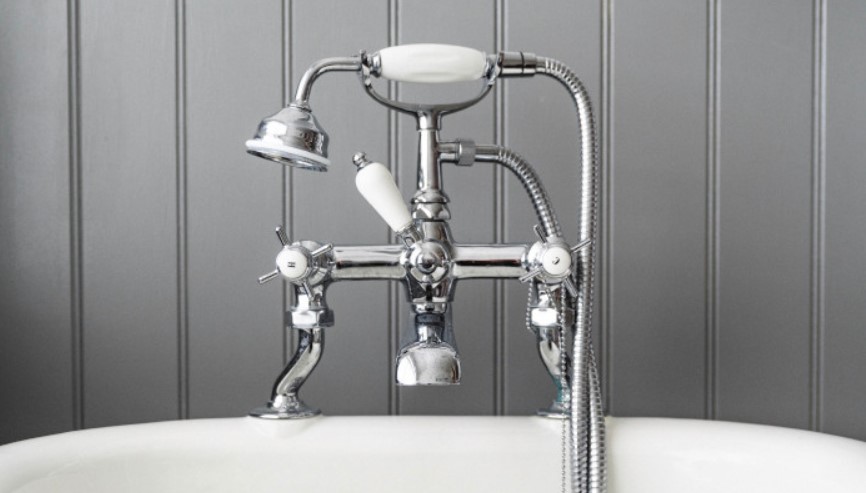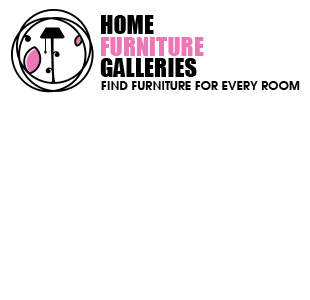
Depending on the type of job, hiring a plumber can cost between $50 and $200 per hour. Save yourself time, money, and frustration by protecting your pipes and preventing many common household plumbing problems.
1. Keep Solids out of Your Sink
Even with a garbage disposal in your kitchen sink, too many solids down the drain can be harmful. Food waste contains a lot of nitrogen, and nitrogen buildup can cause pressure on your sewer lines. Gas buildup can cause damage and leaks that can be difficult to detect. A plumbing smoke test will be able to find the source of odors, leaks, and pressure buildup. Also avoid pouring fats and oils down the drain, as these cause solid blockages when they cool and harden.
2. Watch What You Flush
Regardless of what the packaging may say, “flushable” wipes aren’t flushable. Sewer systems were not designed to handle them, and they are responsible for clogs, backups, and overflows not just in homes, but on city-wide scales. Don’t flush facial wipes, paper towels, menstrual products, or cleaning pads down the toilet, even if they are marketed as “flushable.”
3. Keep Them Warm in Winter
Water expands when it freezes into ice, which creates solid blockages. When pressure builds up between this ice blockage and the faucet, the pipe can burst. Leave faucets dripping just enough to maintain a small water flow and alleviate pressure buildup. Open your under-the-sink cabinets in the kitchen and bathroom at night to give them access to the warmth of the rest of your home. Pipes in unheated garages, basements, and attics may need to be fitted with insulated sleeves of foam, rubber, or fiberglass.
4. Clean out Filters and Aerators
The aerator is the small mesh tip at the end of the water faucet. This piece should be removed and cleaned at least once a month to remove the buildup of hard water deposits. Water softening and purification systems should also be cleaned regularly in accordance with the manufacturer’s guidelines.
5. Let Them Rest While You’re Away
If you’re going on vacation, a business trip, or anything that will take you out of the hose for more than two days, you should turn your water off. If anything were to go wrong during your absence, you wouldn’t want to come home to a flooded house! Be sure to also shut off your hot water heater to prevent it from overheating.
Any doctor will tell you that prevention is the best medicine, and the same is true for home maintenance. Taking a few simple steps and correcting some bad habits will go a long way to stopping a water or sewer line disaster before it starts.
